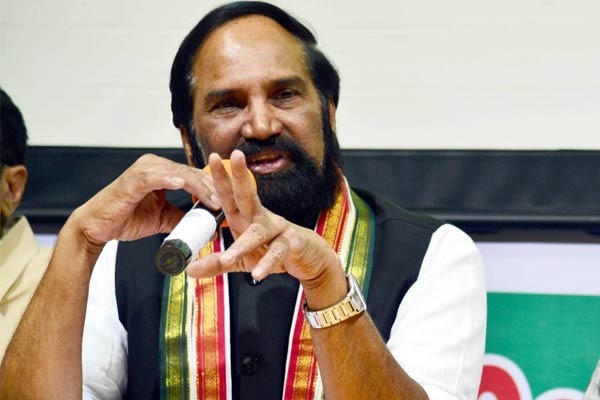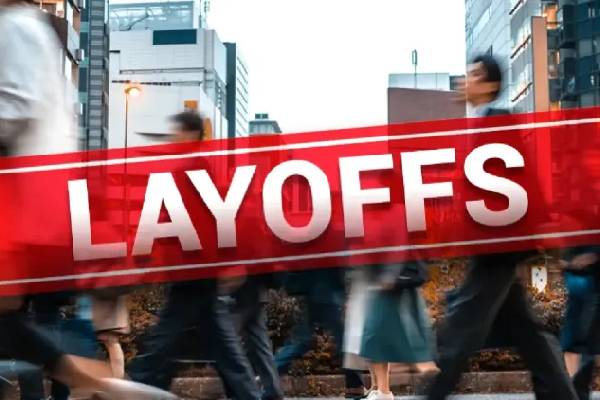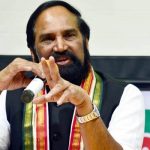U.S. government employee’s who is already dealing with the confusion caused by Donald Trump’s return to power are now facing more challenges. They must explain their jobs to Elon Musk, the wealthy businessman who is planning to significantly reduce the federal budget. Musk has asked government workers to send him a summary of their duties by 11:59 p.m. Eastern time. This request has sparked disagreements within Trump’s administration. Some agencies, such as the Drug Enforcement Administration and the Federal Communications Commission, have instructed their employees to comply with Musk’s directive. However, other departments— including Defense, Homeland Security, Education, Commerce, and Energy— have advised their workers not to respond. The Department of Health and Human Services initially directed its employees to cooperate but later paused, stating it was evaluating the best way to handle Musk’s unusual order. Even though workers at the Consumer Financial Protection Bureau had already been told to stop working, they also received Musk’s email. Musk has warned government employees to comply, stating on social media that those who do not will soon lose their jobs.
Employees who failed to return to their offices after Trump’s directive last month will be placed on leave this week. Musk, the world’s wealthiest person, has been cutting jobs, dismissing over 20,000 federal employees and offering buyouts to 75,000 more in the 2.3 million-person civil service, which includes positions ranging from bank regulators to park rangers. The government has occasionally scrambled to rehire workers in critical roles, such as overseeing nuclear weapons and responding to bird flu outbreaks. These job cuts have led to numerous lawsuits, including those filed by labor groups.
Trump’s administration announced late Sunday that it would fire 1,600 employees at the U.S. Agency for International Development and place nearly all remaining staff on leave. Trump has also halted almost all of the agency’s funding and operations, creating chaos for global aid programs. The mass firings have left many workers, who previously believed their jobs were secure, worried about their financial stability. Charles Farinella, a former IRS agent in New York, said he was considering canceling a dentist appointment because he was unsure if he still had health insurance through his job.
“I’m unsure of my next steps and may need to sell my home since I received no severance,” he stated, expressing feelings of being overwhelmed. Musk’s widespread job cuts are also impacting the broader U.S. economy, leading government contractors to lay off employees and delay vendor payments. For example, Chemonics, a company working with USAID, recently stated in court documents that it had to temporarily lay off 750 employees, more than half of its staff.
Musk appears to revel in the turmoil, even wielding a chainsaw at a recent political event. The head of Tesla and X aims to cut $1 trillion from the government’s $6.7 trillion budget. While Trump wants to protect popular health and retirement programs, which limits the cuts, Musk plans to scrutinize those programs for fraudulent spending. He posted on X that eliminating waste and fraud in Social Security and Medicare could potentially result in higher payouts and better healthcare for citizens.
A government watchdog estimates that errors and fraud may cost up to $521 billion annually, roughly 8% of last year’s total expenditures. Democrats oppose these budget cuts, arguing that they undermine congressional authority, but they have been largely unable to prevent them. Meanwhile, Republicans in Congress support the cuts and are planning major tax reductions. However, some Republican lawmakers have faced criticism from their own constituents, who believe Musk is taking his measures too far.

































